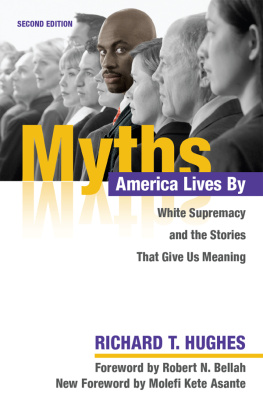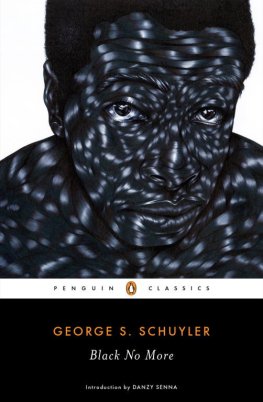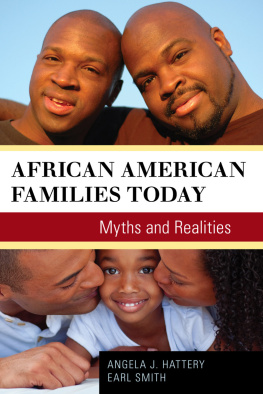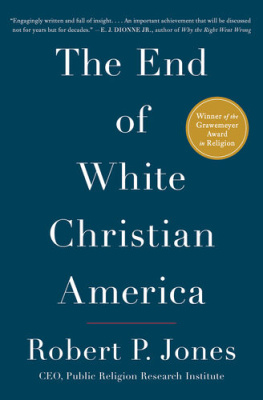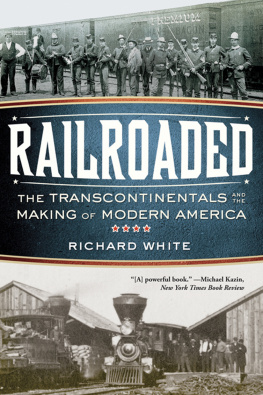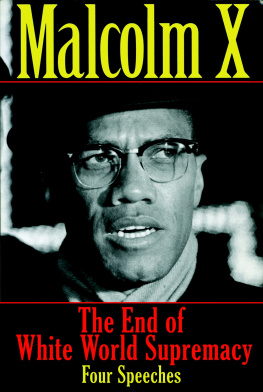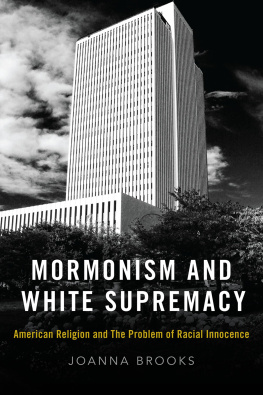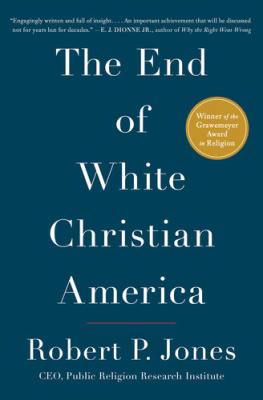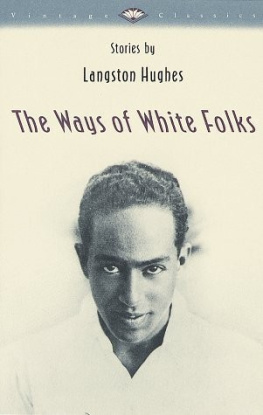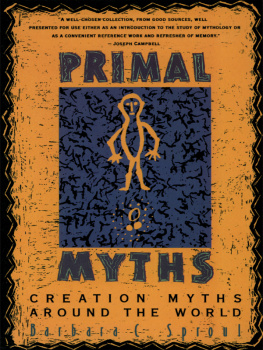Acknowledgments
In this book, I stand on the shoulders of scores of other scholars who have taught me much about the mythic history of the United States.
I stand indebted, first, to my major professor at the University of Iowa, James C. Spalding, who first taught me about William Tyndale's understanding of a national covenant and how that notion was subsequently mediated to an entire generation of Puritans, both in England and in America.
Two other scholars profoundly shaped the way I think about the United States. One was Sidney E. Mead, who taught me at the University of Iowa also and who mentored me through his published works and through extensive personal correspondence and conversation for three decades. The other scholar who helped shape the way I think about the United States is Robert N. Bellah, University of California, Berkeley, who taught me in 1975 in the summer seminar, Civil Religion in America, sponsored by the National Endowment for the Humanities. Like Mead, Bellah has continued to teach me for all these years, mainly through his published works on American civic faith and the meaning of community in the United States. His book, The Broken Covenant: American Civil Religion in Time of Trial, helped me to conceive both the content and the structure of this text in both its first and second editions.
I also owe a special debt of gratitude to Professor Martin E. Marty, Fairfax M. Cone Distinguished Service Professor Emeritus of the History of Modern Christianity, University of Chicago, who, since the late 1980s, has taken a particular interest in my work and has offered me support, advice, and encouragement in countless ways. I never studied with Marty in a classroom setting, though I have been a student of his books and articles on American religious history for many years.
I also stand indebted to Professor Conrad Cherry, Distinguished Professor Emeritus in the Department of Religious Studies at Indiana University/Purdue University at Indianapolis, especially for his work on the mythic dimensions of the United States as reflected in his book, God's New Israel: Religious Interpretations of American Destiny.
I wish to thank Pepperdine University for two sabbaticals, one in the winter term of 1995 and the other in the fall term of 2001, both of which I devoted to this project.
I am especially grateful to A. J. Hughes for sharing important references, for offering helpful suggestions, and for preparing the manuscript of this text for submission to the publisher by merging the new content with the original.
A number of individuals, both scholars and lay people, read all or parts of the manuscript for the second edition of this text and offered valuable suggestions: Lee Camp, Raymond Carr, Jerry Collins, Perry Cotham, Joyce Davis, David Fleer, Richard Goode, Phyllis Hildreth, A. J. Hughes, Catherine Meeks, Sandra Parham, Ted Parks, Joseph Robinson, and Angela Sims.
Still and all, this book is mine and I must take final responsibility for its deficiencies.
As always, I wish to thank my wife, Jan, not only for her support for my work but also for the fact that she routinely interacts with me about ideas that matter and shares with me information that she knows will be helpful to my work. She has helped in these ways with reference to this book, just as she has with reference to everything I have sought to accomplish over the course of a long career and an even longer marriage. To her, I renew my ultimate devotion and offer my deepest thanks.
Richard T. Hughes is Distinguished Professor Emeritus at both Pepperdine University and Messiah College. He is the author, coauthor, or editor of more than a dozen books including Illusions of Innocence: Protestant Primitivism in America, 16301875 and Christian America and the Kingdom of God.
The University of Illinois Press
is a founding member of the
Association of American University Presses.
______________________________
University of Illinois Press
1325 South Oak Street
Champaign, IL 61820-6903
www.press.uillinois.edu
CHAPTER ONE
The Great American Myths and a Different American Future
In her important book, White Rage: The Unspoken Truth of Our Racial Divide, Carol Anderson asks us to imagine what the United States might look like today if, instead of resisting racial equality and equal opportunity for people of color for so much of American history, the nation had actually worked to realize those ideals:
Imagine if Reconstruction had actually honored the citizenship of four million freedpeopleprovided the education, political autonomy, and economic wherewithal warranted by their and their ancestors hundreds of years of free labor. Imagine the educational prowess our population might now boast had Brown [v. Board of Education] actually been implemented. Imagine if, instead of launching into spurious attacks about his citizenship and filling the blogosphere with racist simian depictions, the United States had been able to harness the awe-inspiring symbolism of our first black president.
And while Anderson calls on Americansboth white and blackto imagine a better America, she also summons us to choose a different future.
Anderson's call to imagine a better nation is clearly within our reach. But it may be far more difficult for Americans to choose a different future, simply because the future that so many Americans have chosen for this nation since World War II is embedded in the Great American Myths which, all too often, we have hardened and absolutized into rigid orthodoxies from which we often permit little or no dissent.
The first edition of this book explored five of those myths:
The Myth of the Chosen Nationthe notion that God Almighty chose the United States for a special mission in the world
The Myth of Nature's Nationthe conviction that American ideals and institutions are rooted in the natural order, that is, in God's own intentions first revealed at the dawn of creation
The Myth of the Millennial Nationthe notion that the United States, building on that natural order, will usher in a final golden age for all humankind
The Myth of the Christian Nationthe claim that America is a Christian nation, consistently guided by Christian values
And the Myth of the Innocent Nationthe conviction that, while other nations may have blood on their hands, the nobility of the American cause always redeems the nation and renders it innocent
Those myths typically function as a two-edged sword. On the one hand, our myths can remind us of our noblest ideals and can challenge us to realize the American promise. But an absolutized version of those myths seduces us into believing that we have, in fact, achieved those ideals and therefore have no need to choose a different future.
As historian Eric Foner put it, There is [in this country] a deeply ingrained notion of American exceptionalism. We are democratic. We believe in equality. We believe in opportunity. This is the land of all those things. So therefore, there is a tendency to forget about aspects of our history which don't fit that pattern. We forget about these things because they don't fit the image that we want to have of the greatness of our own country. And armed with an image of American greatness and nobility, the summons to choose a different future may strike many Americans as a rhetorical flourish at best and irrelevant at worse.
In addition to the five American myths I discussed in the first edition of this book, there is another mytha myth that defines the nation in many ways and that makes it even more difficult for us to choose a different future. To introduce that myth, I share the following story.
At the invitation of Professor Raymond Carr, one of my students when I taught at Pepperdine University, I participated in 2012 in a panel that reviewed James Cone's pathbreaking book,
Next page
